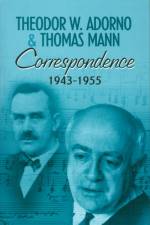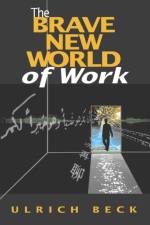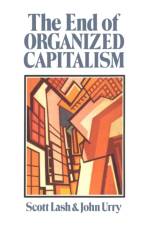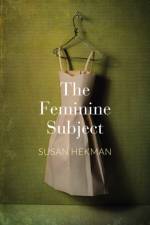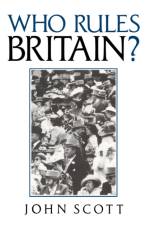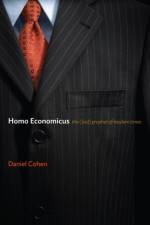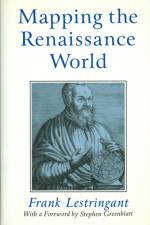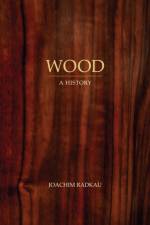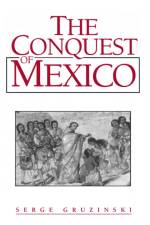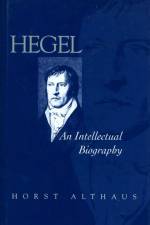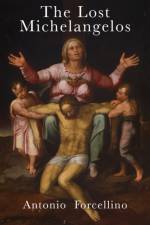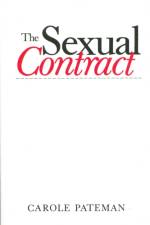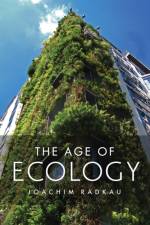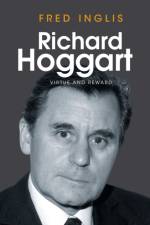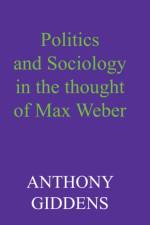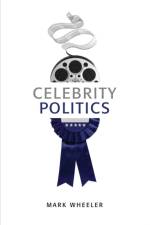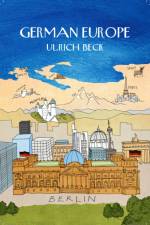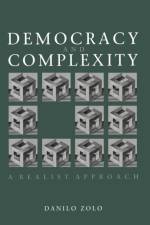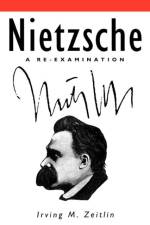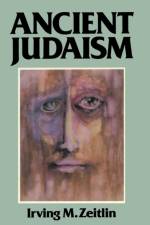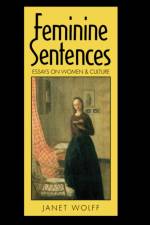av Edwards Douglas Edwards
329 - 715
The world is populated with many different objects, to which we often attribute properties: we say, for example, that grass is green, that the earth is spherical, that humans are animals, and that murder is wrong. We also take it that these properties are things in their own right: there is something in which being green, or spherical, or an animal, or wrong, consists, and that certain scientific or normative projects are engaged in uncovering the essences of such properties. In light of this, an important question arises: what kind of things should we take properties themselves to be? In Properties, Douglas Edwards gives an engaging, accessible, and up-to-date introduction to the many theories of properties available. Edwards charts the central positions in the debate over properties, including the views that properties are universals, that properties are constructed from tropes, and that properties are classes of objects, and assesses the benefits and disadvantages of each. Attempts to deny the existence of properties are also considered, along with pluralist proposals, which aim to accommodate the different kinds of properties that are found in various philosophical debates. Properties is the ideal introduction to this topic and will be an invaluable resource for scholars and students wishing to learn more about the important roles that properties have played, and continue to play, in contemporary philosophy.

